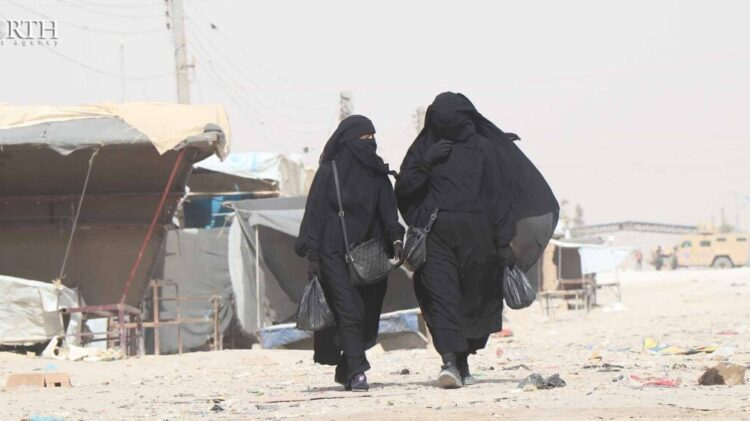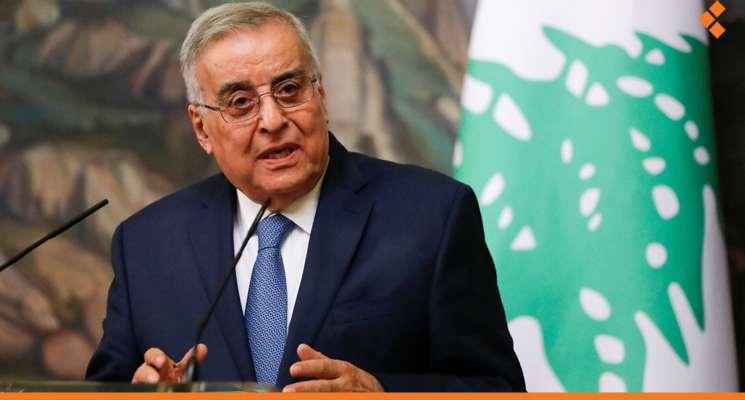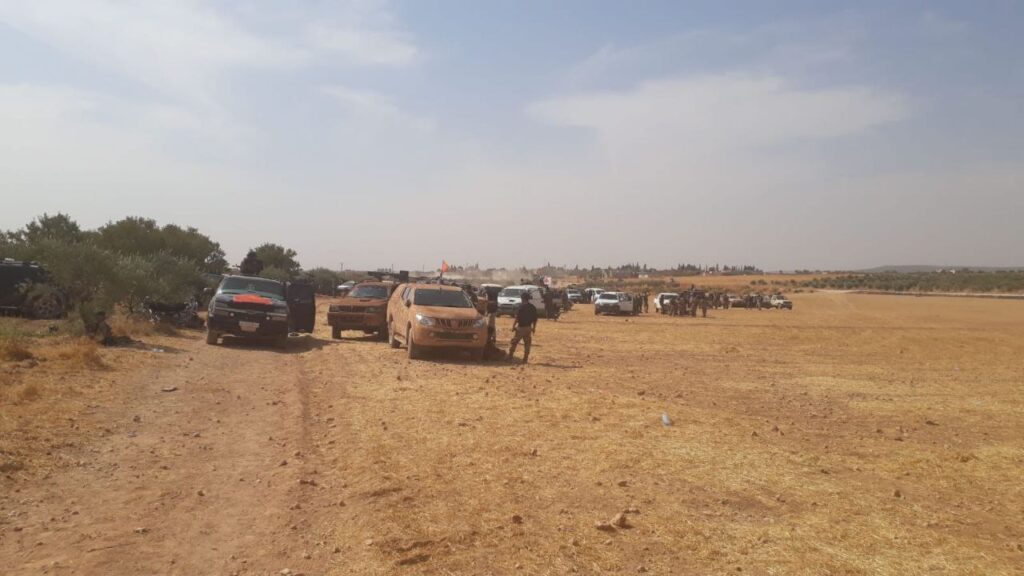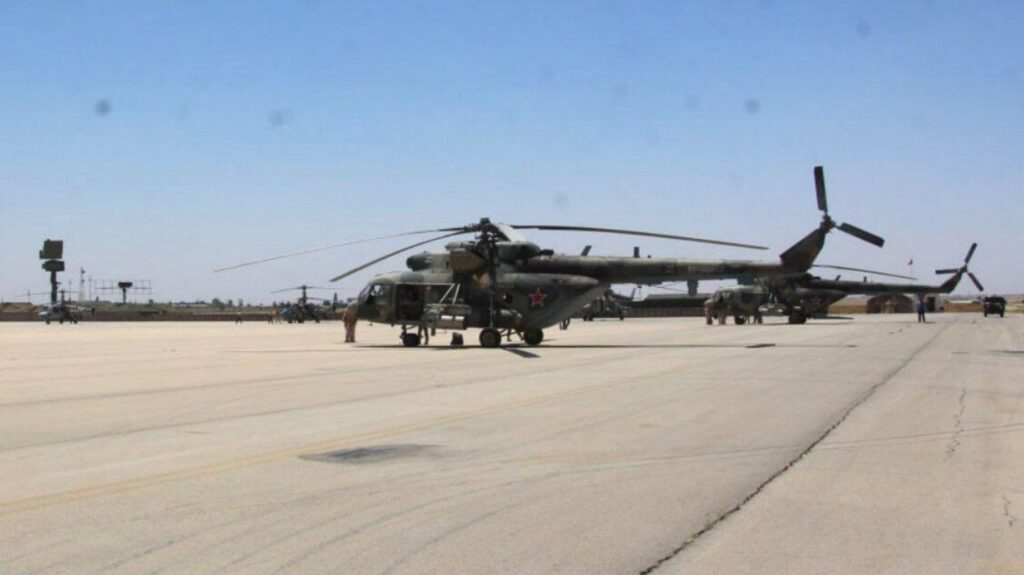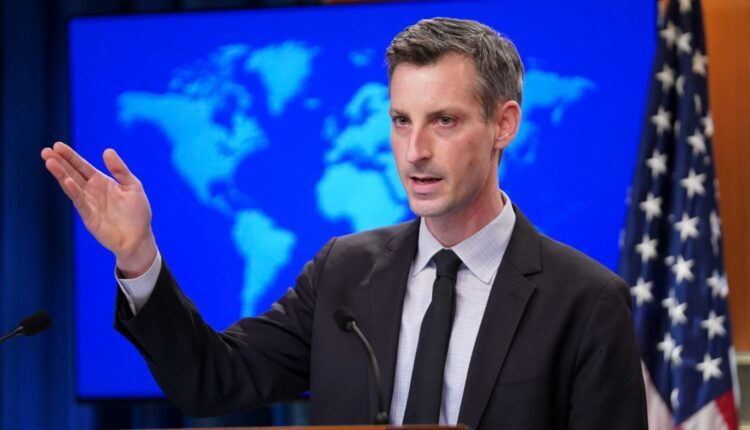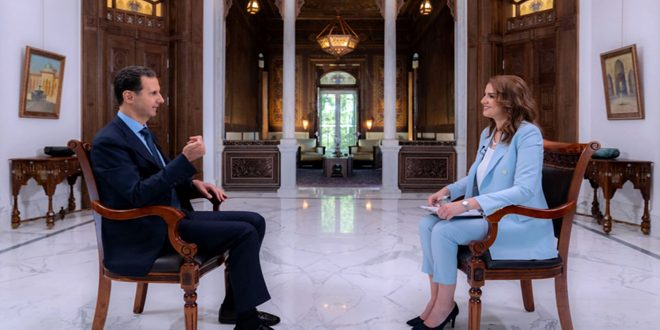Russia Crisis Military Assessment: The impact of multiple rocket launcher transfers to Ukraine
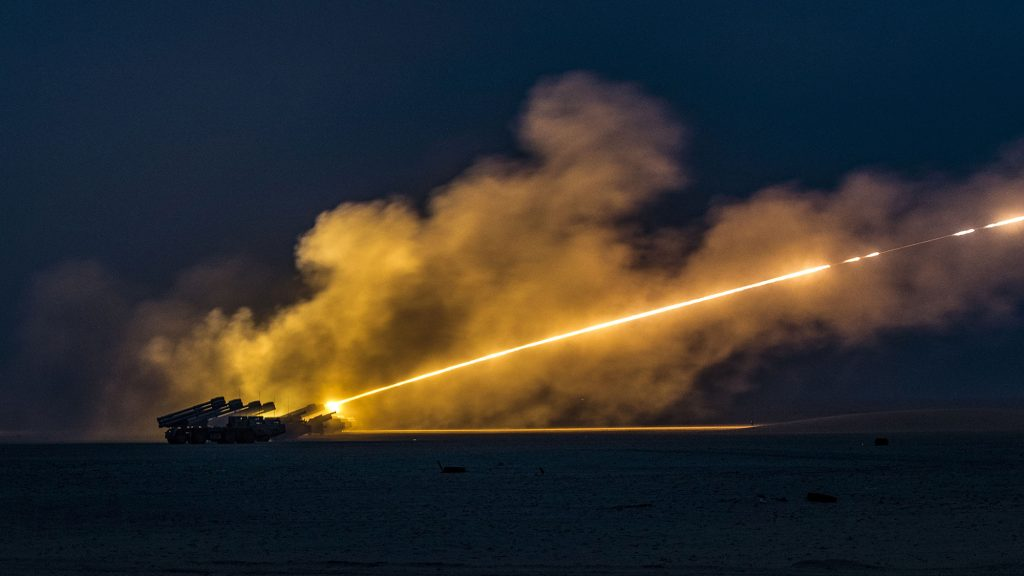
The bottom line
While the transfer of US high mobility artillery rocket systems (HIMARS) and British multiple launch rocket systems (MLRS) will help Ukraine, we assess that the amount of systems and ammunition planned for transfer in the first tranche will only have a minor impact in the fighting.

